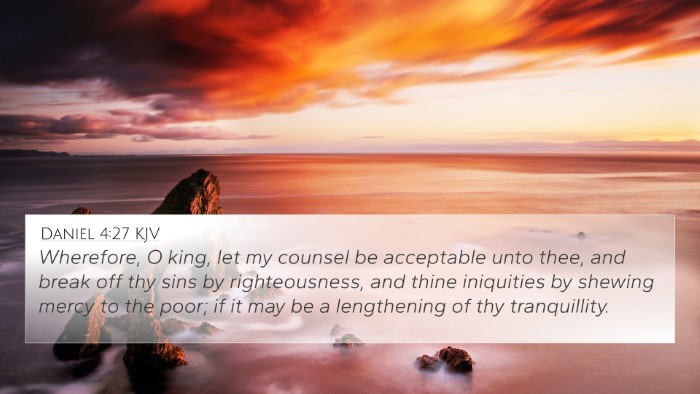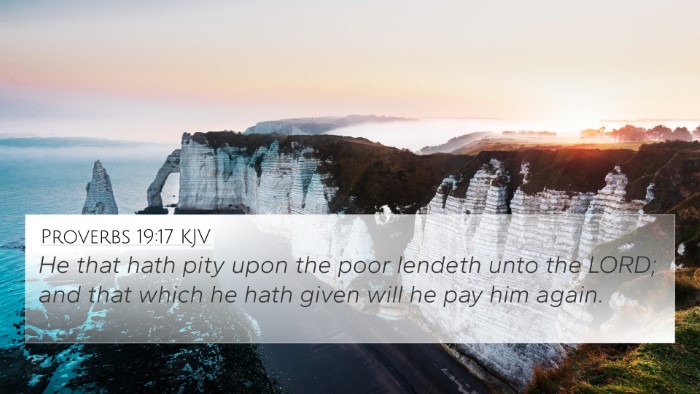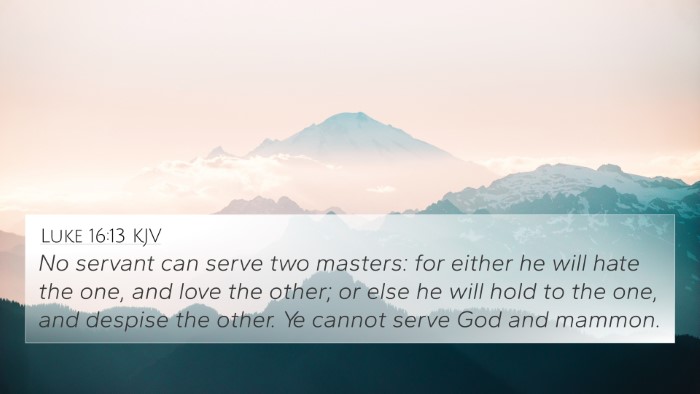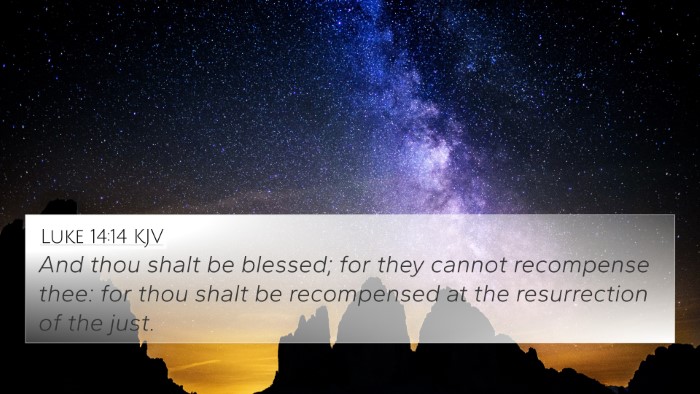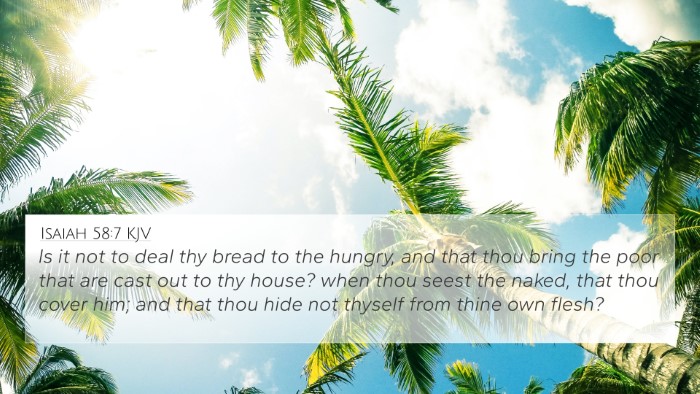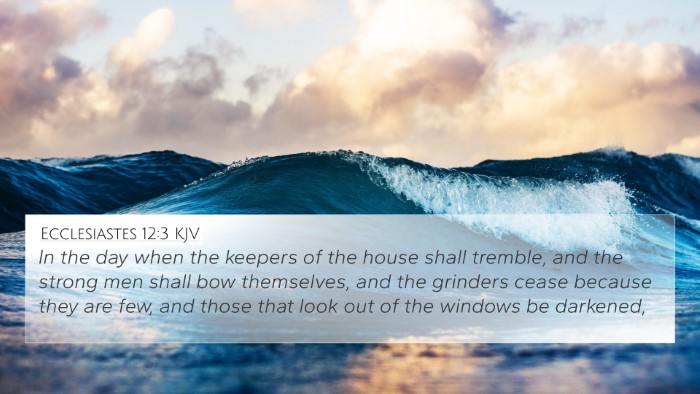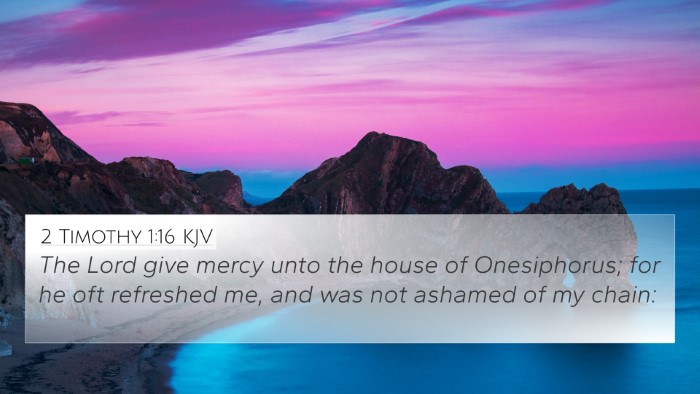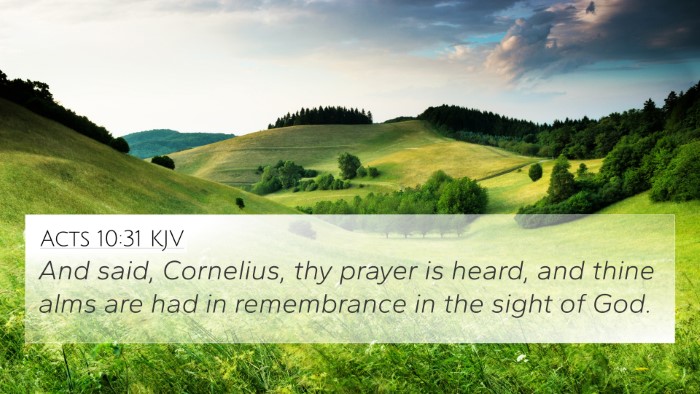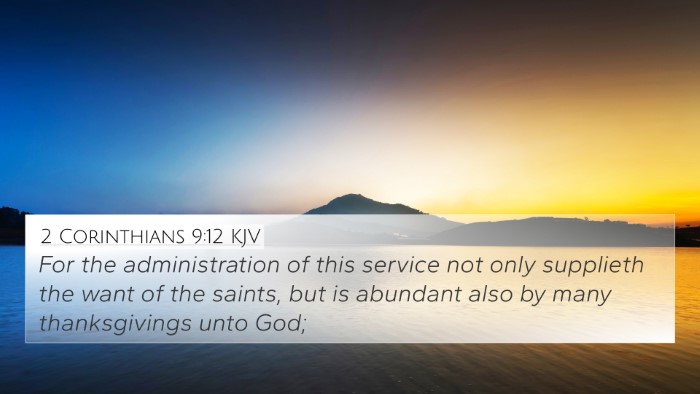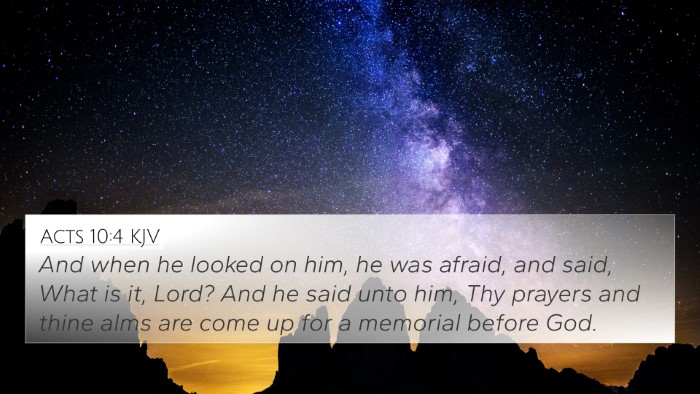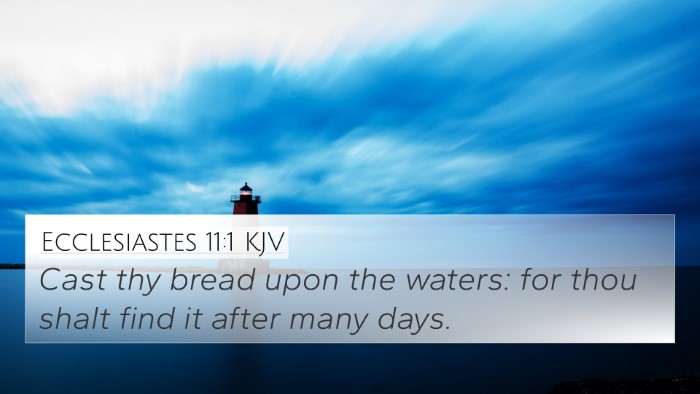Understanding Luke 16:9
Luke 16:9 states: "And I say unto you, Make to yourselves friends of the mammon of unrighteousness; that, when ye fail, they may receive you into everlasting habitations." This verse has been the subject of various interpretations, emphasizing the prudent use of material possessions in fostering relationships that bear eternal significance.
Insights from Commentaries
The interpretations offered by prominent Biblical scholars shed light on the multifaceted meanings contained within this verse. Insights from Matthew Henry, Albert Barnes, and Adam Clarke provide a rich contextual background for comprehending this message.
Matthew Henry's Commentary
Matthew Henry points out that this verse encourages the prudent use of wealth, suggesting that believers should use earthly resources for spiritual gains. He emphasizes that while "mammon," or wealth, is often perceived as sinful, its use can be redeemed for godly purposes, fostering relationships that will last beyond this life. This aligns with the broader Biblical theme of stewardship.
Albert Barnes' Commentary
Albert Barnes elaborates on the idea of making "friends" through the resources at our disposal. He interprets "friends of the mammon of unrighteousness" as a call to engage in actions that promote community and support among believers. Barnes indicates that the context of the verse relates to the necessity of discernment in using wealth to aid others and facilitate spiritual endeavors.
Adam Clarke's Commentary
Adam Clarke emphasizes the significance of wisely utilizing worldly resources. He interprets the term "fail" as a reference to physical death or loss of the worldly status, underscoring the need to build relationships that offer support in the life to come. Clarke sees this as an exhortation to ensure that earthly possessions are invested in ways that benefit one’s eternal standing.
Practical Applications
Understanding Luke 16:9 calls for both introspection on how we handle our possessions and a proactive approach to relationship-building. Here are some practical applications inspired by the commentaries:
- Stewardship: Recognize that our resources are entrusted to us for a greater purpose.
- Relationship Building: Use material wealth to cultivate friendships that align with godly principles.
- Long-term Perspective: Consider how our financial decisions impact both the present and the future, especially in a spiritual context.
Bible Verse Cross-References
Luke 16:9 connects with several other Bible verses that offer additional perspectives on the use of wealth and the importance of relationships. Here are some key cross-references:
- Matthew 6:19-21 - "Lay not up for yourselves treasures upon earth..." encourages investing in eternal rather than temporal wealth.
- 1 Timothy 6:17-19 - Advises the rich to be generous and to share, ensuring they store up treasure for themselves in the coming age.
- Luke 12:33-34 - Calls to sell possessions and give to the poor, emphasizing where one's treasure lies.
- Proverbs 19:17 - "He who is gracious to a poor man lends to the Lord," highlighting the eternal reward of helping others.
- Galatians 6:7-10 - Encourages doing good and sowing for eternal harvests.
- Philippians 4:17 - Paul reflects on the importance of partnership in ministry, showcasing the value of shared resources.
- Matthew 25:34-40 - Jesus speaks about serving others as serving Him, reinforcing the connection between earthly actions and heavenly reward.
Thematic Connections
The themes explored in Luke 16:9 resonate deeply with numerous passages throughout Scripture, fostering a rich inter-Biblical dialogue. The following thematic connections can be identified:
- The Use of Wealth: Numerous scriptures discuss the importance of wise stewardship and generosity.
- Eternal Perspectives: The significance of actions taken during earthly life impacting eternal outcomes is a recurring theme in both Old and New Testaments.
- Community and Relationships: The idea that our devotion to God is demonstrated through our relationships with others is explored throughout the Bible.
Conclusion
In summary, Luke 16:9 calls believers to reflect on their relationship with material wealth and the eternal implications of their choices. Engaging with this verse through the lenses offered by respected commentaries allows for a deeper understanding of its significance. By utilizing resources wisely and fostering godly relationships, individuals not only honor God but also prepare for an eternal legacy.







